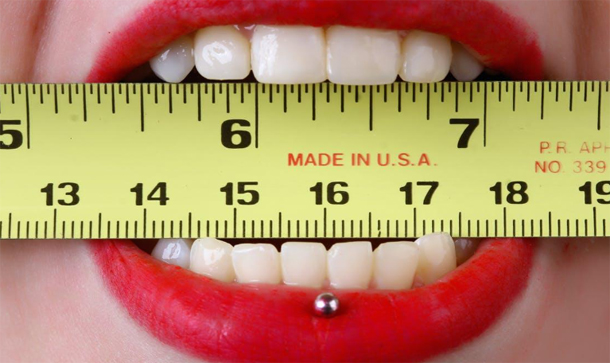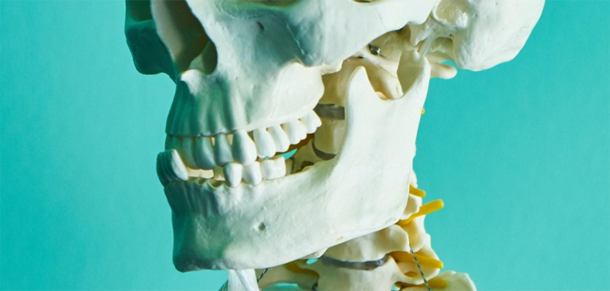You probably have a lot of questions about dentures. It’s an overwhelming step. There are so many questions you’ll want answers to. How much they’ll cost, what glue to use, what foods you can eat—and you want to know all of it before you start the process! Here’s a little information that can help you get started on your search.
How Long is the Process?
The standard process, and the one most dentists in Englewood offer, is called “teeth in a day.” Unfortunately, the name is pretty misleading. All you actually get that first day is a very uncomfortable, much weaker temporary plastic set. It can take more than ten months to get your final, permanent set. This also means five or ten appointments to adjust the fitting, and you’re obviously getting charged for each of those appointments as well.
I’m only aware of one company in the area that uses a different program. They’re called Nuvia—check them out at https://www.nuviasmiles.com/locations/dental-implants-in-englewood-co. They’re just off Highway 285, on Clarkson Street—between the hospital and the school. They claim you can get your permanent dentures the very day after your preparation, meaning you need just one appointment, and you can get off the liquid diet and onto soft solids faster.

What Can you Eat?
Dentists recommend people with new dentures start very slow. It will take time to learn how to eat with them and what foods are suitable. Once you become more comfortable with your new set of teeth, you’ll start to feel confident. Your diet for about two weeks after you first get your dentures will only be liquid and soft food. You can find protein in yogurt and broth, and mashed potatoes will be the most filling option. Smoothies will get you the fruit you need. Soft cheese and very, very soft white bread are also possible foods during this stage.
The next stage, for another two weeks, still requires foods that are soft, but they can be a little more solid, with caution. Potatoes can be baked instead of just mashed. Well-cooked pasta and bread are options. You can even eat meat in this stage—just cut it into the smallest pieces you can.
By the end of four weeks, basically a month, you should be able to eat anything you want. Solid meat, fries and chips, berries and fresh, crisp watermelon; whatever! You can head back to all your favorite restaurants around town. You might even be able to eat extremely challenging food, like corn on the cob, or maybe even whole apples. Be careful, though, and take these difficult foods in small steps to learn where the limits are.

What kind of Glue Should you Use?
There are a lot of variables that can change what sort of glue you should use. You will probably need to try out a few brands with different options before you settle on the right type for you.
One issue of concern is zinc. If swallowed, zinc can be somewhat harmful. It isn’t terribly serious, and the amount you’re likely to swallow is low, but if you find this possibility worrying, you can find plenty of zinc-free options.
If your skin is sensitive, your gums may be too. Some brands of glue use harsh chemicals, so if those irritate you, try to find an organic formula. An organic brand is likely to be more expensive, but it’s worth it for the comfort. A soothing cream can ease the painful irritation of a poorly-fitting set of dentures, at least until you can go to the dentist and get them refit. For easy application, nothing beats adhesive strips. And people with particularly dry mouths need glue significantly more than ordinary people.
How do you Take Care of Dentures?
Caring for and using dentures is less complex than getting them, but there are still things to be aware of. They should be removed every night. It isn’t challenging to take them out; just grab them, near the back, on either side, and pull gently down and forward.
Afterwards, they should be left to soak in a denture-care solution overnight. This will disinfect them, but not clean them. For that, you need to brush them, just like teeth. You should brush your dentures at least once a day.
Also be sure to take care of your empty mouth. Brush your gums and use a little bit of mouthwash. Make sure to take care of your dental hygiene; it’s more important now than ever.
How much Does it Cost?
The cost of dentures can vary by an extremely wide range. The dental appointments are a large variable, but they’re impossible to estimate. Whether your insurance will cover that use and which dentist you go to can cause the cost to change significantly.
The dentures themselves also have drastically different prices. Cheap dentures can cost as little as $1,000, but more expensive sets can be between $8,000 and $15,000! The main difference between these price ranges is material. High quality dentures are often made of acrylic or other top-notch materials that closely resemble the properties of real teeth, while low quality sets are made of cheaper types of plastic.
Conclusion
I know dentures seem overwhelming. There’s so much to learn about. I don’t have all the answers, but I hope I helped you at least refine what questions you need to consider. Think about comfort most of all, and balance it with cost and time investment. Learn about the different kinds of processes, dentures, and glues. It’s pretty hard to undo the process once you’ve committed, so be thorough.
The field is improving all the time. Old methods, like the painful and slow teeth-in-a-day style, are being replaced by better innovations. The dentures themselves are getting better, the processes are getting better, the glues are getting better—it’s all growing by leaps and bounds! Your old age doesn’t have to be like your parents’ old age. It can be better.



